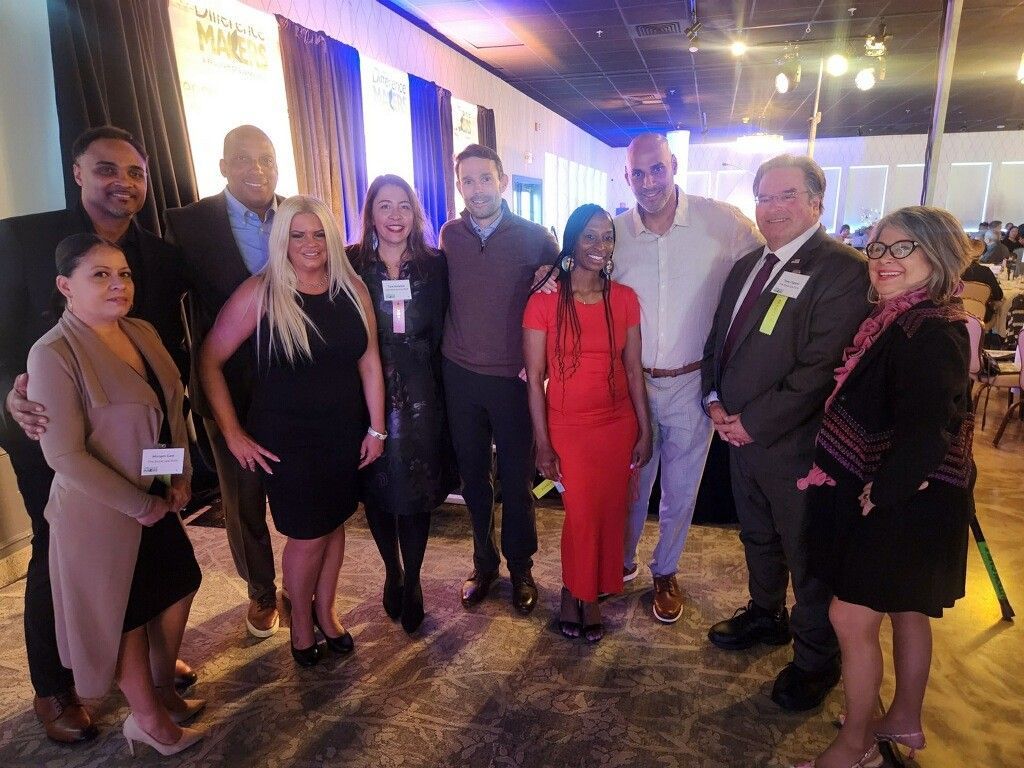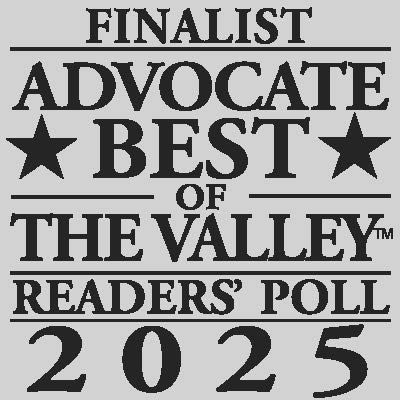April 2, 2025
A recent court decision in Pennsylvania offers clarification that employers cannot take adverse action for marijuana use against individuals who possess medical marijuana cards, at least under Pennsylvania’s Medical Marijuana Act. In this decision, an individual received a conditional job offer for a non-safety sensitive position, contingent on a drug test. The individual disclosed his state-certified use of medical marijuana to treat anxiety, depression and ADHD, assuring the employer that it wouldn’t affect job performance or safety. After a positive test for marijuana, the employer rescinded the offer, citing safety concerns. The individual sued the employer under the Pennsylvania Medical Marijuana Act (“MMA”) and disability discrimination under the Pennsylvania Human Relations Act (“PHRA”). The Court allowed the individual’s claim under the MMA to proceed, potentially creating substantial precedent for tolerance of individual medical marijuana use in non-safety sensitive positions. The Court specifically noted that MMA protects individuals not just from discrimination based on card holder status, but also for adverse actions based solely on lawful medical marijuana use. The Court otherwise dismissed the individual’s claims under the PHRA because the PHRA does not require employers to accommodate medical marijuana use, even if it is prescribed for a legitimate medical condition. While a Pennsylvania decision, this decision potentially has rippling implications that will affect Massachusetts employers and employers in states where medical marijuana use is allowed under state law, which is allowed in some manner in 44 states. Employer Takeaways Understand State-Specific Protections : Laws regarding medical marijuana use differ widely across states. In some areas, cardholder status is protected, while in others, it is not. Employers operating in multiple states must ensure their hiring and accommodation practices comply with the relevant laws in each state. Base Safety Concerns on Job-Specific Evidence : General or speculative safety concerns are insufficient, particularly in states with strict employee protections. Safety risks cited should be specific, evidence-based, and directly related to the essential functions of the job. Review Drug Testing and Accommodation Policies: Update your policies to reflect current state laws and clarify how your organization manages disclosures of medical marijuana use, especially during the hiring process . If you have any queries regarding drug testing or other workplace accommodations following this ruling, it is prudent to contact legal counsel. If your business has any questions on this topic or any other matters, please do not hesitate to contact the attorneys at The Royal Law Firm at 413-586-2288.






















